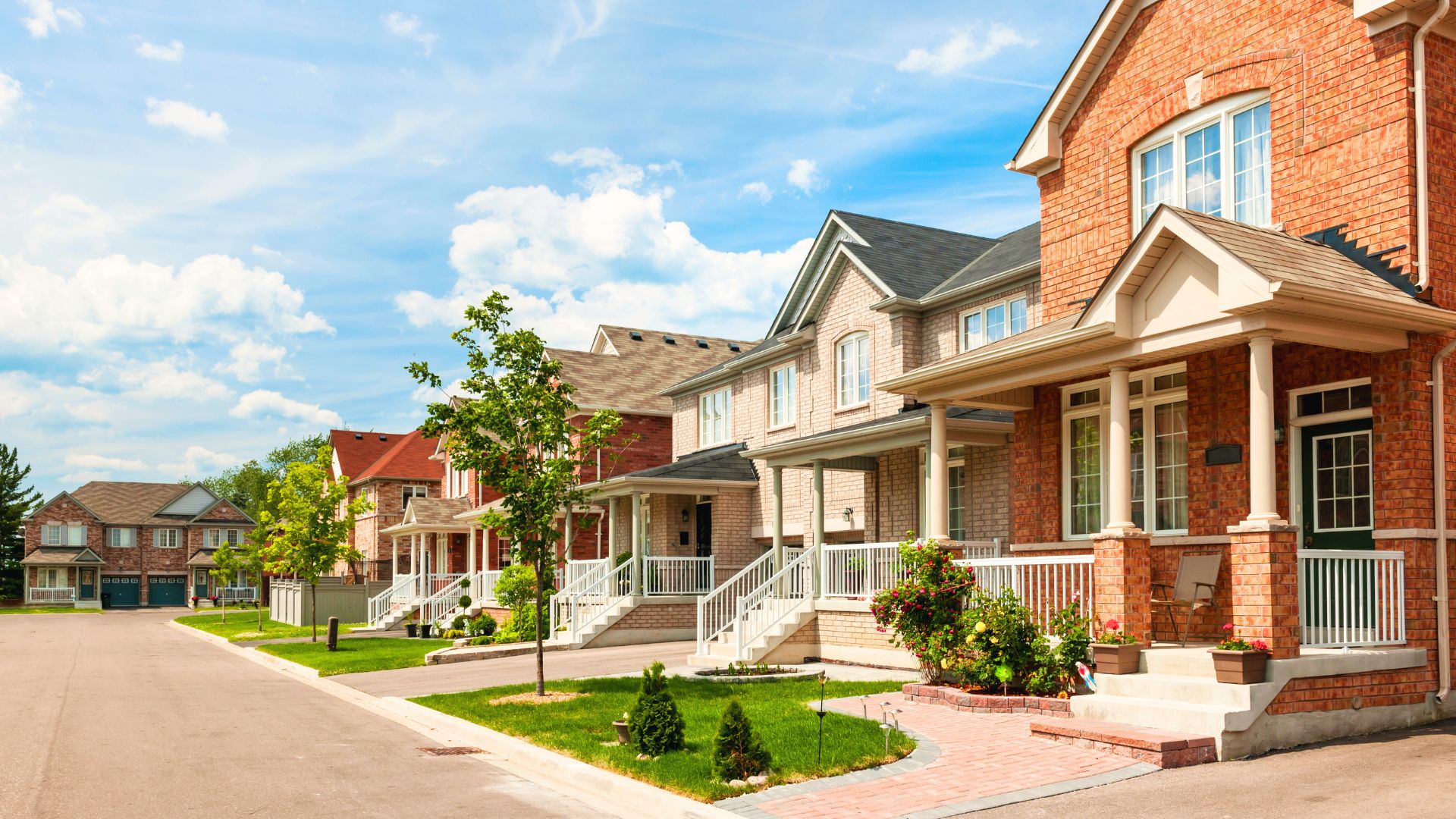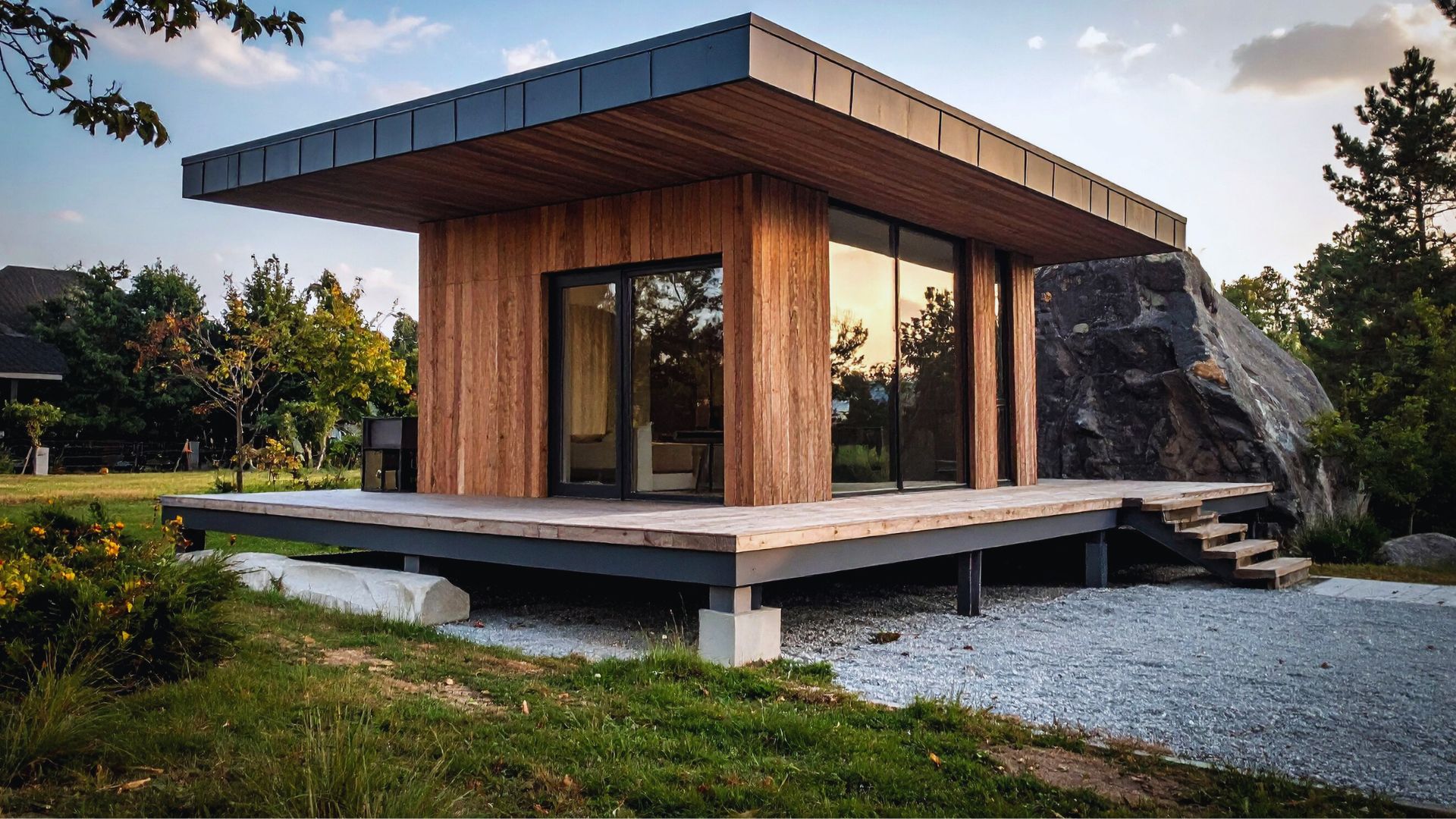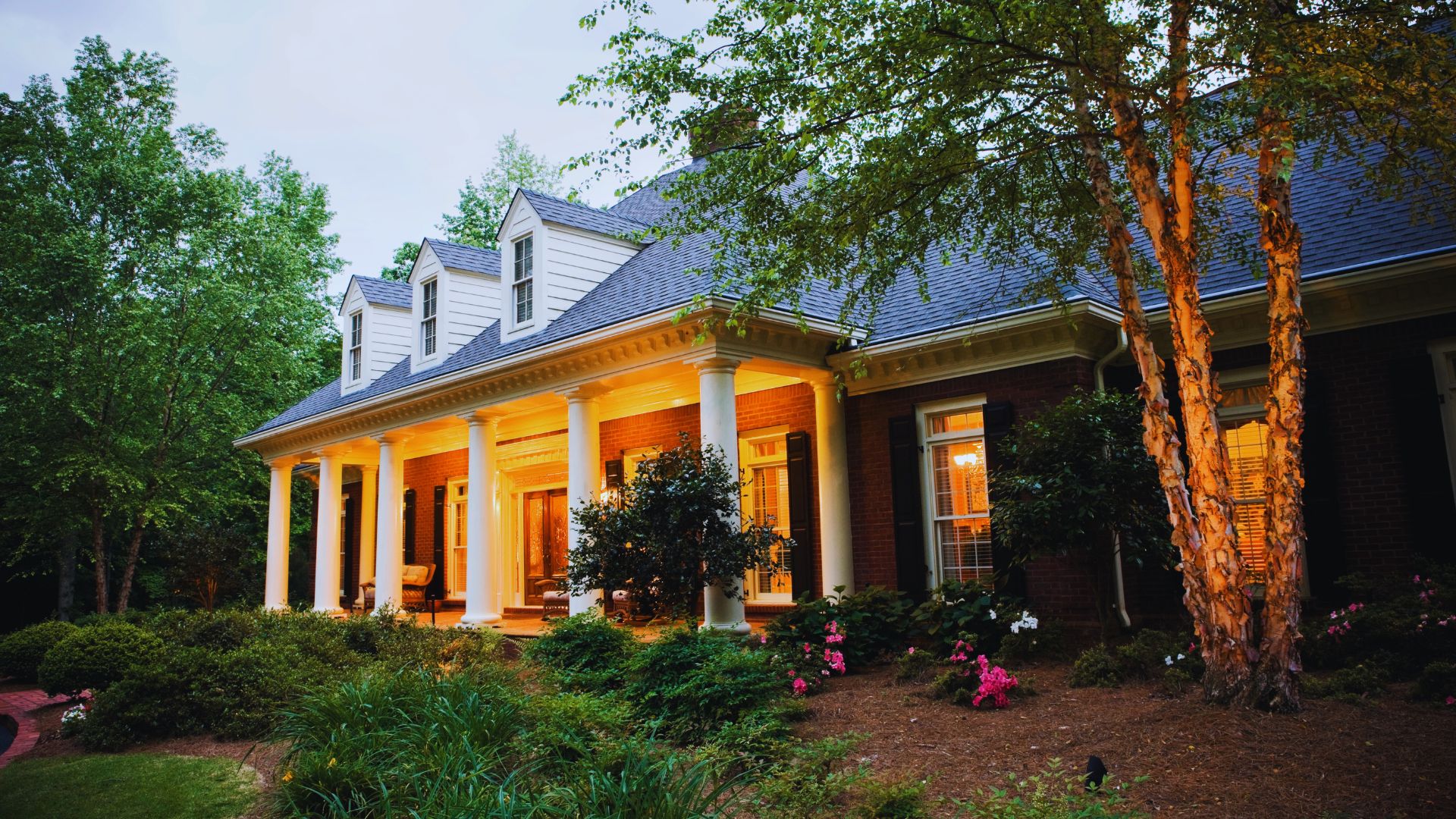The answer to the question “Should I get a home inspection?” is unequivocally “yes.” It can be tempting, especially in a seller’s market, to submit an offer without this condition, but that could wind up being a very expensive mistake.
When you are touring a freshly renovated, beautifully staged house, it can be easy to get caught up in the dream of moving in and putting your pictures up on the walls, and it is easy to overlook serious problems. This is not to say that the sellers are concealing those problems, as the homeowners themselves may not be aware of them.
A home inspection gives you a sober second look at the house you are thinking of buying. Having an experienced set of eyes to point out issues and tell you how serious they are can save you thousands down the line.
What Does a Home Inspector Look At?
A home inspector does a visual inspection of the home’s structure and components to identify any defects or safety concerns. They look at the following features:
- Roof – Examines the condition of shingles, flashing, gutters, and downspouts for wear, damage, or leaks.
- Ventilation – Ensures proper airflow in attics and crawl spaces to prevent moisture buildup and mold.
- Fireplace & Chimney – Inspects for cracks, leaks, and creosote buildup that could pose a fire hazard.
- Plumbing – Assesses the water heater, pipes, and fixtures for leaks, corrosion, or low water pressure.
- Electrical System – Checks the electrical panel, outlets, and wiring to ensure everything is up to code.
- Exterior – Inspects the foundation, siding, windows, doors, and drainage systems for cracks or structural concerns.
- HVAC System – Verifies proper heating, ventilation, and air conditioning function.
- Structure – Evaluates walls, ceilings, floors, and the attic for structural integrity.
Note that a home inspection is purely visual. A licensed home inspector will not go behind the walls, under the ground, or behind large pieces of furniture, and they will not test for toxins such as lead, asbestos, or mold. If you are concerned about problems that a home inspector might not be able to see, consider additional inspections or tests.
Should I Get a Home Inspection On a New Build?
If you are considering a newly built home, a home inspection may seem unnecessary. However, new homes can have construction defects or incomplete installations that need to be addressed before closing.
Should I Get A Radon Test With a Home Inspection
Radon is a colorless, odorless, radioactive gas produced by the breakdown of uranium in soil and rock. It can seep into your house undetected, leading to health problems such as lung cancer and respiratory issues. Many buyers ask, should I get a radon test with a home inspection? If the home is in an area with high radon levels, testing is strongly recommended. Note that VA loans in some states also require a radon test.
The EPA maintains a classification of regions by radon risk; check their website if you are unsure about the risk in your area.
Should I Get a Termite Inspection When Buying a Home?
Termite damage can be costly and often goes unnoticed until it becomes severe. If you’re buying in an area where termites are common, such as the South, Southeast, or Western United States, or if the home has wood framing, you might ask, should I get a termite inspection when buying a home? Many lenders, especially VA loans, require a termite inspection.
If you are not sure whether you are in a termite-prone zone, check with the USDA; they have a listing of termite risk areas and the severity of the risk.
Should I Get a Home Inspection For Any Other Risks?
Depending on the area of the country and the climate in that region, you may want to consider additional inspections. Your home inspector can perform some of these inspections as part of the overall inspection service, but for others, you will need to hire a specialist. Here is an overview of potential risks you may want to get a home inspection for:
- Flood and water damage risk in coastal and low-lying areas such as the Gulf Coast, Florida, New Orleans, and parts of Texas.
- Earthquakes and seismic safety on the West Coast, particularly in California, Oregon, Washington state, and Alaska.
- Hurricane and high wind safety in the Southeast and the Gulf Coast, particularly Florida, Texas, Louisiana, the Carolinas, and other coastal states.
- Mold and moisture damage in humid climates such as Florida and Louisiana.
- Well water and septic system inspections for homes that are not on a municipal water or sewage system.
- Wildfire risk in the Western states of California, Oregon, Washington state, Colorado, and Arizona.
If you are unsure about the necessity for these inspections, consult with your real estate agent or with an experienced home inspector.
How Much Does a Home Inspection Cost, and Who Pays?
Home inspection costs vary based on several factors, including:
- Size of the home – Larger homes take longer to inspect, increasing costs.
- Age of the home – Older homes often require more detailed inspections.
- Location – Inspection fees fluctuate based on regional cost of living.
- Scope of the inspection – Additional tests, like mold or asbestos testing, increase costs.
- Inspector qualifications – More experienced inspectors may charge higher rates.
In the US, a standard home inspection costs between $300 and $600. Additional inspections, such as radon ($150–$300) or termite inspections ($75–$150), may be necessary depending on the home’s risk factors.
Choosing a Qualified Home Inspector
Not all states require home inspectors to be licensed, so it’s essential to research credentials before hiring one. Look for inspectors who are certified by organizations like:
- The American Society of Home Inspectors (ASHI)
- The International Association of Certified Home Inspectors (InterNACHI)
- The National Association of Home Inspectors (NAHI)
A thorough home inspection can save buyers thousands of dollars in unexpected repairs. So, if you’re still wondering, should I get a home inspection before buying a house? The safest answer is always yes!





